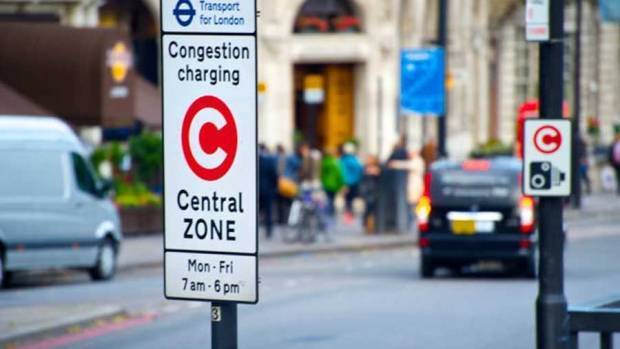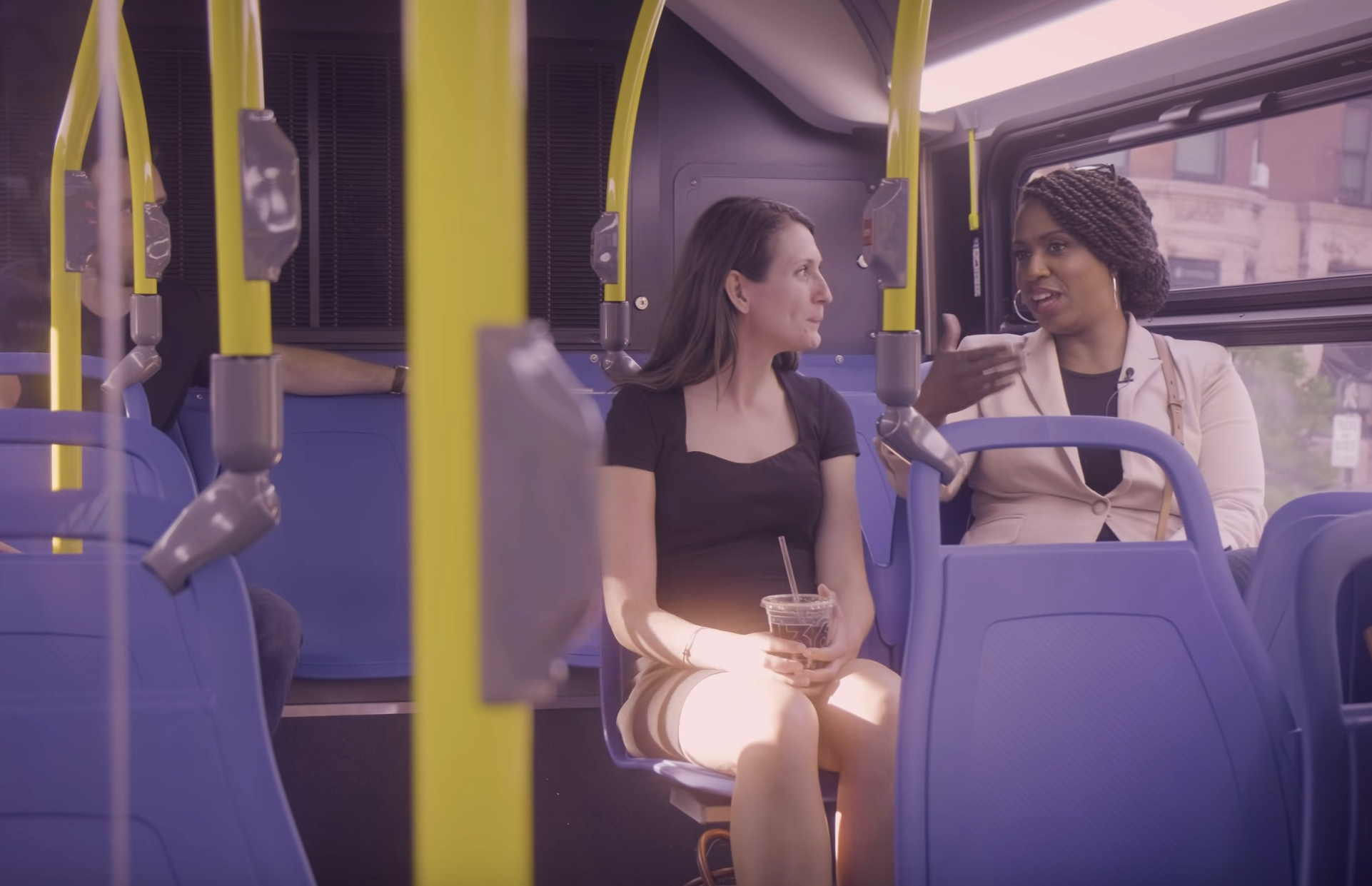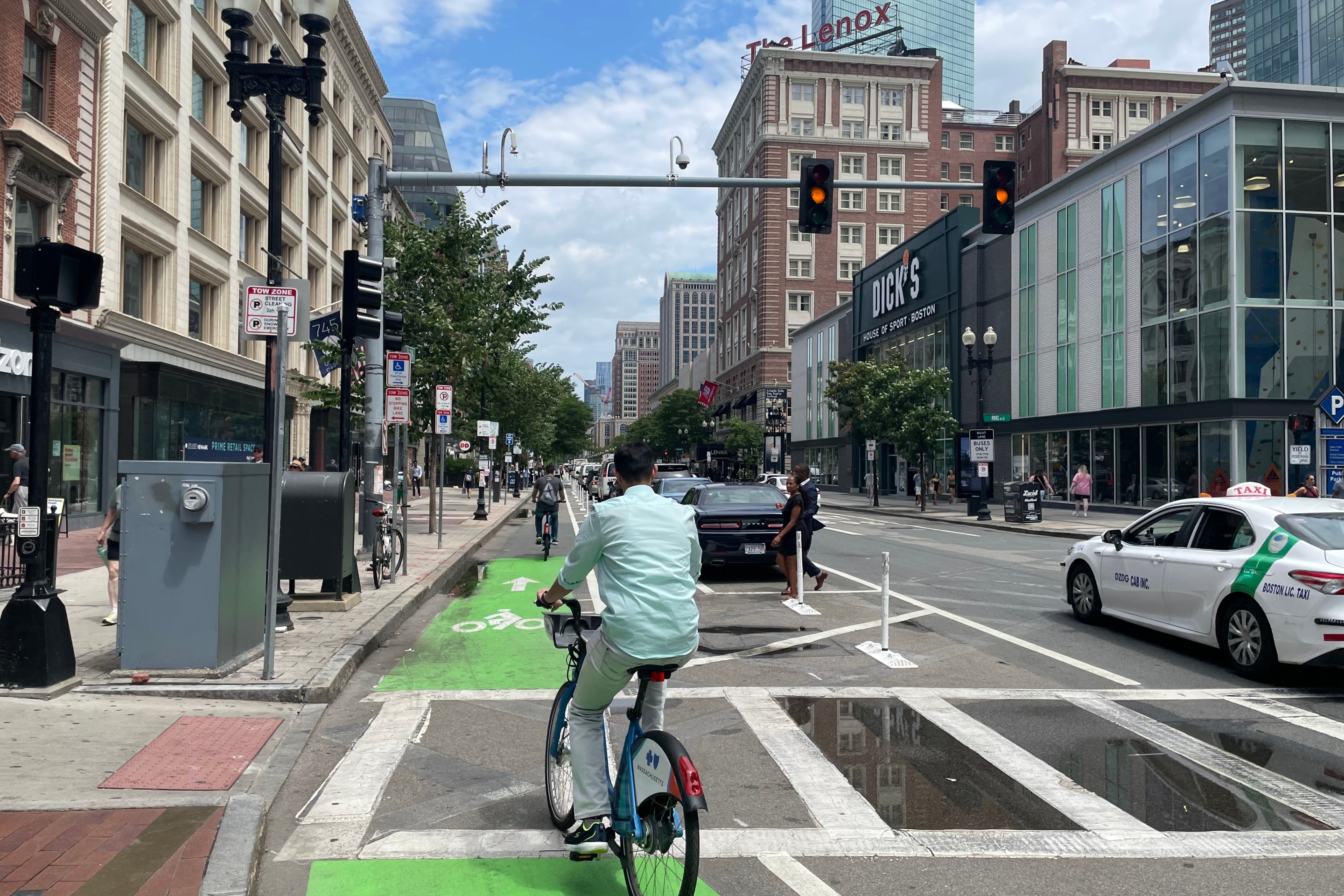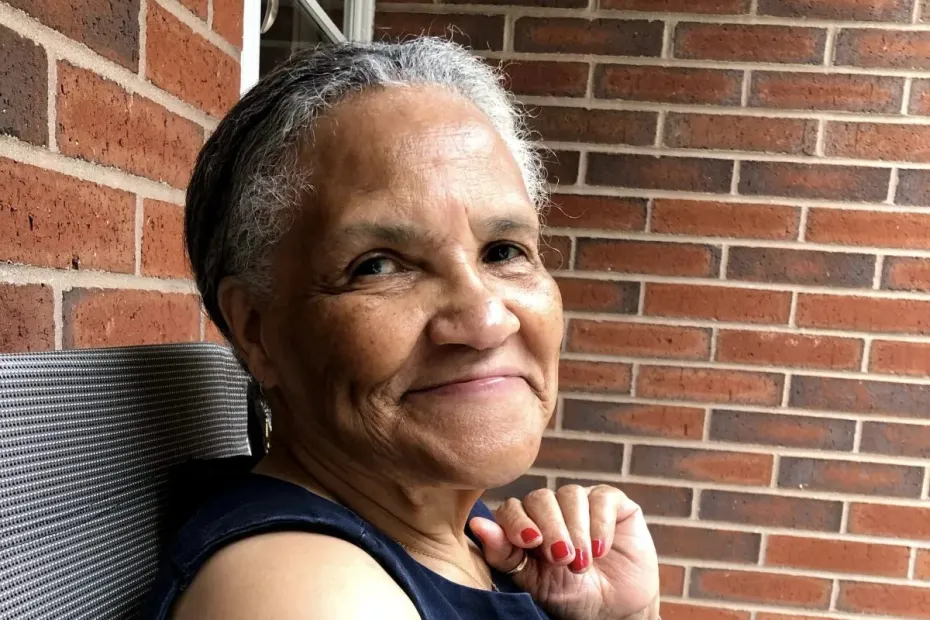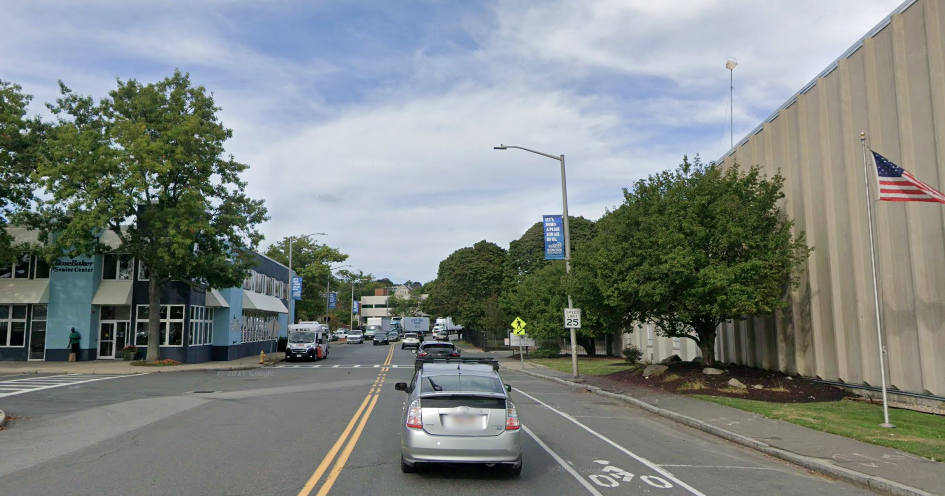Massachusetts drivers already pay an extremely high price for the congestion they create.
INRIX, a transportation data company, estimates that the average driver in the Boston region wastes 134 unpaid hours every year stuck in traffic.
You don't get a monthly invoice for those expenses, but even if you valued your time at a dirt-cheap $15 per hour, 134 hours wasted in traffic amounts to an off-the-books tax of roughly $2,000 a year, robbed from what otherwise would have been your leisure time.
An increasing number of cities in the U.S. and around the world have decided to reduce this waste by setting up entry fees on the roadways they manage, to reduce congestion by making drivers pay a fair price for the traffic they cause.
With a looming budget crisis at the MBTA and a new state transportation funding task force beginning to search for solutions, several public officials in Massachusetts are starting to talk about ways to replace congestion's wasted-time tax with a more predictable system of tolls that can reduce traffic and generate sustainable funding for the MBTA.
MBTA officials cite New York City
Later this spring, New York City will follow the lead of numerous other big cities across the globe by implementing a new "congestion charge" for private drivers who want to bring cars into the crowded streets of Manhattan below 60th Street.
Prices will vary from $3.75 for cars during the nighttime hours to $36 for large trucks during peak daytime hours.
In addition to reducing traffic, New York City's new tolls are expected to generate around $1 billion a year for transit improvements.
In a January board meeting, MBTA CFO Mary Ann O'Hara, delivering a presentation on the T's growing budget deficit, noted that many other transit agencies across the nation were facing similar budget shortfalls.
But she singled out New York's Metropolitan Transportation Authority (MTA) as an exception.
"They are coming together between the Governor, the state legislature, to make sure the MTA is funded appropriately," observed O'Hara.
"And it wasn't one big thing, they did a lot of small things that accumulated [to balance the budget]," interjected Board Chair Thomas Glynn.
"Yes, and congestion pricing is in there too," answered O'Hara.
Boston City Council calls for hearing on congestion pricing
Boston City Councilor Tania Fernandes Anderson is also paying attention to New York City's congestion tolls. She cited New York's example during a City Council meeting in February when she introduced an order to hold a public hearing "to discuss the possibility of congestion pricing in Boston."
"Congestion pricing could be a viable measure to help alleviate traffic congestion and improve air quality in urban areas," Councilor Anderson told her colleagues in a Feb. 14 meeting. "But there is a need for us to understand and address the potential impacts of congestion pricing on varying segments of the population, particularly underserved communities."
In a follow-up email with StreetsblogMASS, Councilor Anderson elaborated that "these are merely ideas, and filing an order for a hearing is essentially initiating a conversation... We have yet to hear from constituents and gather their feedback to include them in a democratic process."
Ten other City Council members signed on to co-sponsor Councilor Anderson's order, which has been referred to the Council Committee on Planning, Development & Transportation. A hearing date has not been set.
Regional planners study other U.S. examples
For the past year, the Boston Region Metropolitan Planning Organization (MPO) has been conducting case studies of other existing "roadway pricing" policies in the United States.
Those case studies varied considerably in scale and scope. One looked at Chicago, where in 2019 Mayor Lori Lightfoot imposed a $1.75 surcharge on Uber and Lyft trips downtown. MPO staff observed that this policy only affected a limited portion of trips, and thus had a limited impact on congestion.
Two other case studies examined variably-priced toll lanes on major interstate highways in the Bay Area of California and in Minneapolis-St. Paul.
In those regions, "high-occupancy toll lanes" have tolls that increase as traffic increases, such that (theoretically) they're never congested.
Most of these facilities also allow carpools and transit vehicles to use them free of charge.
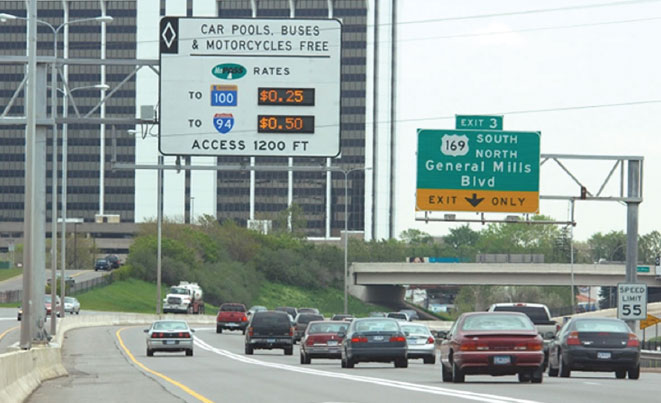
Variably-priced toll lanes are the most common form of congestion pricing in the U.S. They also exist in Texas, Florida, Washington, and Colorado.
And while less comprehensive than New York City's planned congestion charge, tolls on major highways can be a more targeted solution that reduces traffic on the busiest roads, before it empties out onto local streets. Trips on interstate highways account for more than one out of every four miles driven in Massachusetts.
Finally, a fourth case study examined a variably-priced on-street parking program in Washington, D.C., where highly-contested parking spaces on busy streets get higher meter prices than parking spaces on streets where parking is easier to find.
MPO staff presented their findings to the MPO's board members in a meeting in January.
"The big opportunity is it would allow us to fund more sustainable modes of transportation such as transit, public transportation and also active transportation such as bicycle and pedestrian facilities," explained Boston MPO staff planner Ryan Hicks. "And it'll encourage mode shift, to other modes."
Based on interviews his team conducted with other regions, Hicks also recommended making racial and economic equity an core focus of any discussion around possible congestion pricing policies in Massachusetts.
Hicks acknowledged that a congestion pricing policy could be a challenging political conversation. But that hasn't prevented other states from implementing successful programs, some of which have been running for decades now.
"If people know where their money is going, they're going to support it. They will see that it benefits them," said Hicks.
